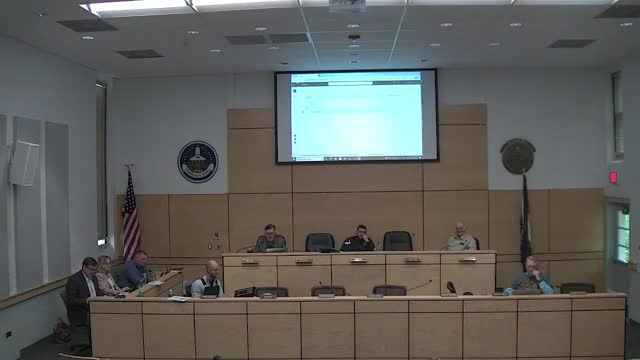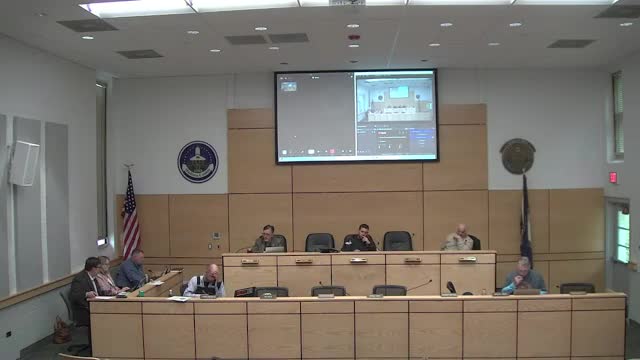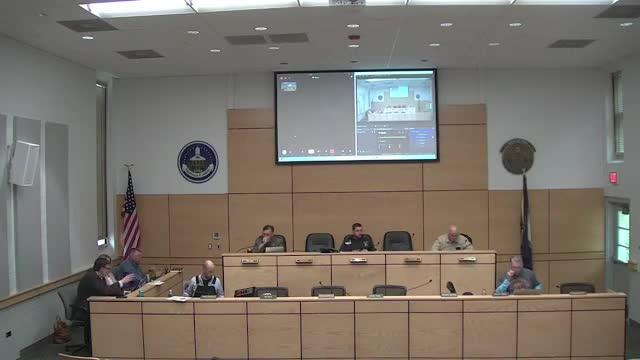Article not found
This article is no longer available. But don't worry—we've gathered other articles that discuss the same topic.

County staff presents three budget scenarios; board schedules follow‑up meetings and a special budget session

Madison County schedules public hearing for proposed administrative fee increases, including animal adoptions and commercial hauler rate

